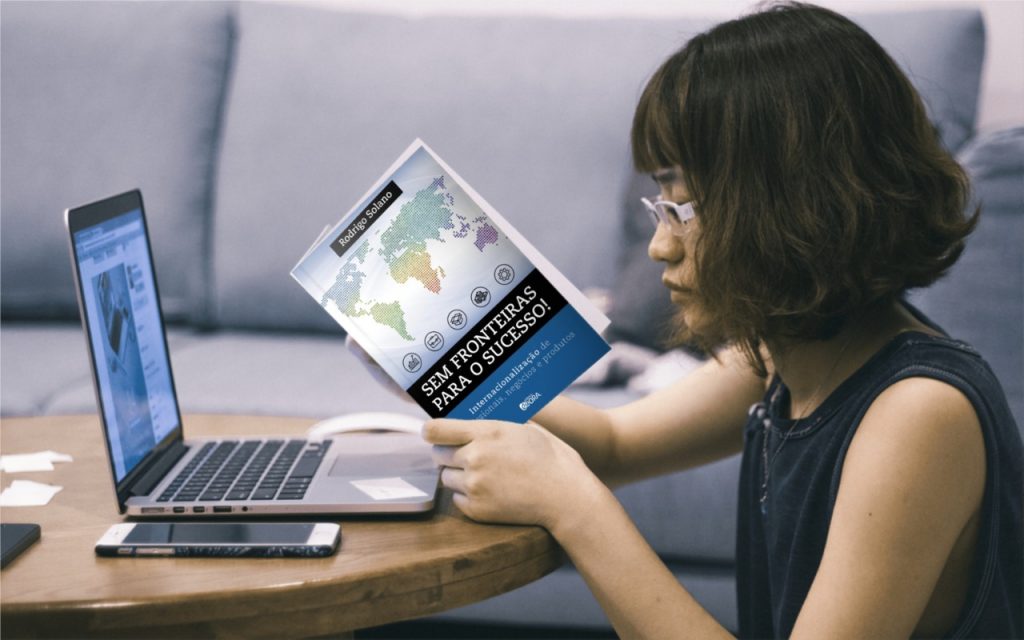São Paulo – The Brazilian publishing house Évora released late last July the book Sem fronteiras para o sucesso (No borders to success), a guide on internationalization that includes content regarding Arab markets. Written by business administrator and international marketing and psychoanalytic semiotics specialist Rodrigo Solano, the book is intended as an educational, hands-on guide, introducing professionals and entrepreneurs to internationalization as a means for businesses to set themselves apart and grow.
According to Solano, the book prioritizes the human aspects of internationalization. “It’s not about a department or a business that spontaneously begins to export; it’s about people putting their minds to going international,” he argues. One of the aspects covered in the book is the structuring of thinking towards an international mindset, which entails cultural intelligence. “We cannot say that two people in any one country have the exact same culture,” says Solano.
To allow readers to deal with these cultural peculiarities, the author introduces psychoanalytical semiotics. “But it’s all laid out in a simple way, to help with our day-to-day communication,” Solano explains. Psychoanalytic semiotics, also known as the ‘clinic of culture,’ is a field of knowledge occupied with communication in light of the psyche in the context of contemporary culture.
The book also covers business plans for would-be exporters, tourism-related businesses, and foreign trade operations. Topics here include how to plan objectively towards a successful project, why internationalization leads to success, what kinds of knowledge are required in going international, and how to sell products abroad.
The author boasts expertise in Arab markets, which he addresses in the book. “Arab countries are of the utmost importance when it comes to the internationalization of Brazilian enterprises. In the book, I mention the relevance of Arab markets and culture and the differences and similarities between Arabs, Persians, Turks and Muslims, which some may still find confusing. Having that public figured out is a huge step forward, planning-wise,” Solano told ANBA.
The author had an eight-year stint working at the Arab Brazilian Chamber of Commerce (ABCC). His book cites the ABCC as a source of information and the go-to organization for supporting business development across Arab countries. He said he values and holds dear the culture and the workings of the business environment of Arab markets. “I am particularly appreciative of the Arab world and the Arab Chamber,” says Solano.
Solano holds a degree in business administration with an emphasis in foreign trade. He has also completed an MBA and majored in international marketing and psychoanalytic semiotics from the Clinic of Culture at Pontifícia Universidade Católica (PUC) in São Paulo. Additionally, he is a researcher into intercultural communication in international business with Faculdade Cásper Líbero.
Since 1998, Rodrigo Solano has been working alongside chambers of commerce, industry-specific organizations and government entities, particularly in market development and corporate training projects. He is a member of the United States-based Language Creation Society, a partner and consultant with Think Global, and a speaker in courses, seminars and workshops on international business.
The 256-page book is available from the Évora website.
Translated by Gabriel Pomerancblum




